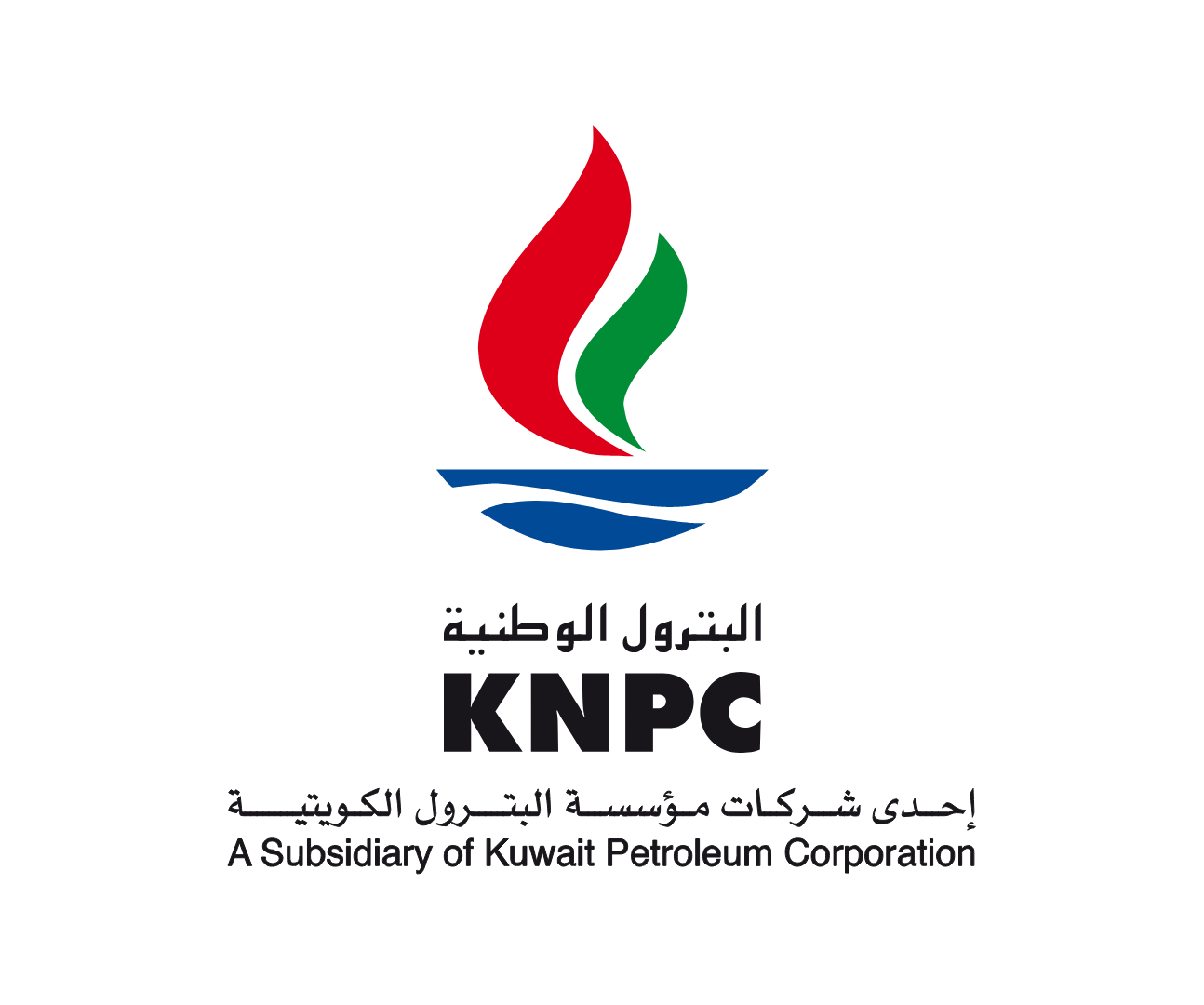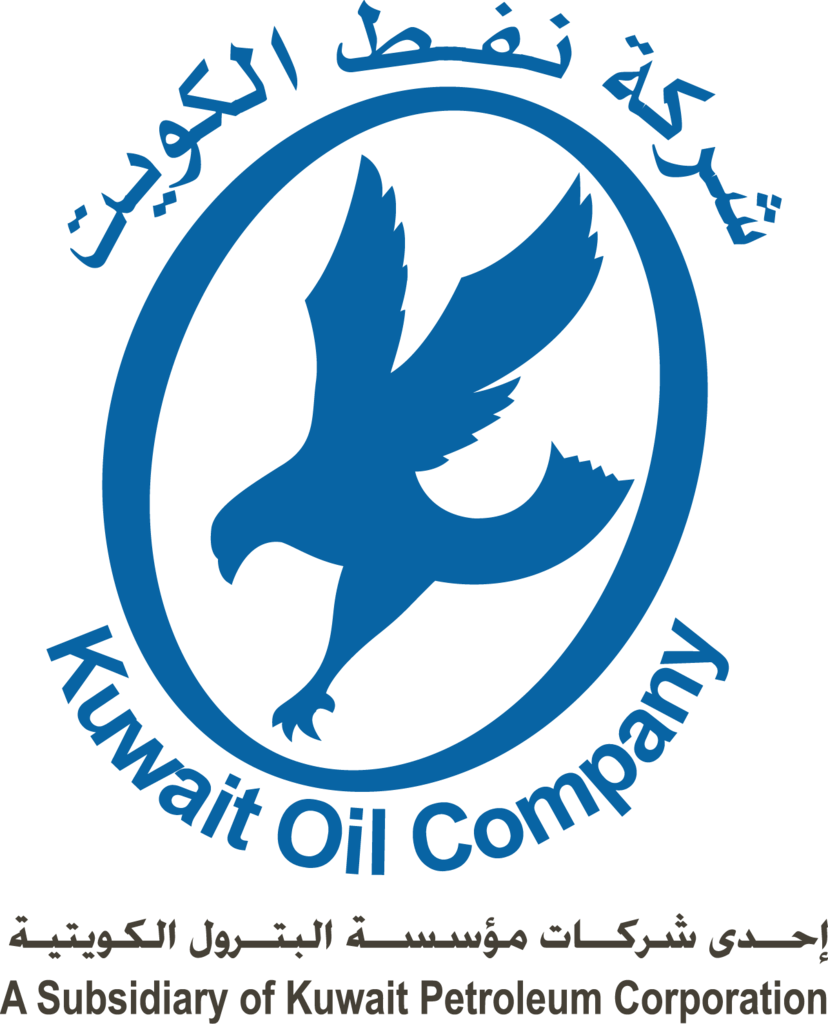



Senior Partner Consultant






Strategic planning, operational excellence, and business transformation
He has vast experience across companies and has worked in India and abroad as an executive and management consultant. He has proven experience and expertise in developing and executing strategic plans, managing complex business operations, and project execution, implemented various operational excellence initiatives, and made positive contributions to the top and bottom lines.
He also offers business solutions, develops strategies for higher revenue growth, and aligns business models through effective engagement with stakeholders and successful executions.
He is a Certified Management Consultant (CMC®), and during his long career, He has been associated with some of the most reputed organisations like Kuwait Oil Company, Kuwait National Petroleum Company, Kirloskar Group, Amco/TAFE-PSD, Sundaram Clayton, HEG, Times of India, J.K. Paper, Jindal Group, Andrew Yule, and Rajaram Babu Group.
He was part of an assignment with a young team of consultants, and the scope of the study for a large stainless manufacturer in India was to capture the order-to Delivery (O2D) end-to-end process and identify the scope for reduction in gate-in-gate-out time. This was a very challenging assignment because mid-way through the assignment, a COVID-19 lockdown happened, and along with the team, they were stuck at the site for around 3–4 months as a project leader had to keep the team motivated and complete the assignment.
He followed the methodology of mapping the ‘as-is ‘ of the entire dispatch process, carried out a field study to capture process time for the process (also using SAP data), identified process gaps and 21 initiatives to bridge the gaps, mapped the to-be process and implemented the initiatives that also involved cross-functional change management, and finally achieved a reduction of turnaround of 32% (10 hours).
Recently, he carried out a study to develop a business model for providing affordable healthcare. The need for such a model became even more evident during the pandemic, especially when it comes to satisfying latent demand (when there is a need for a good or service but the consumer lacks the purchasing power to afford it).
The healthcare landscape in India has broadly evolved into three requirements: primary healthcare (outpatients), hospitalisation (inpatients), and specialty treatment. It is generally seen that private players predominately try to address the entire landscape and build an expensive infrastructure accordingly; hence, to sustain their profitability, the cost of even primary healthcare (outpatients) is unaffordable for some segments of people, who get discouraged from visiting hospitals and neglect their health. From the published data, outpatients constitute 40.3% of total healthcare, and this gets neglected a lot by the people who cannot afford it.
In view of the prevailing scenario and to provide healthcare services to a certain class of segment, a business model was developed to meet the following objectives: Affordable, accessible, and available
The designed Primary Care Centre (PCC) model is a self-sustainable subscription-based business model; each PCC is designed for four thousand family subscriptions with a very low subscription for the entire family.
The revenue generated from the subscription caters to the entire requirements of running the PCC, including infrastructure, to meet doctor and paramedical staff remunerations, and the business plan is a fully self-sustainable model, governed by the Trust for greater transparency and standards. This model can be replicated easily so that affordable health care can reach more needy people.